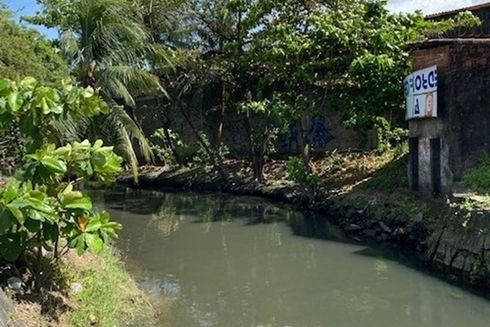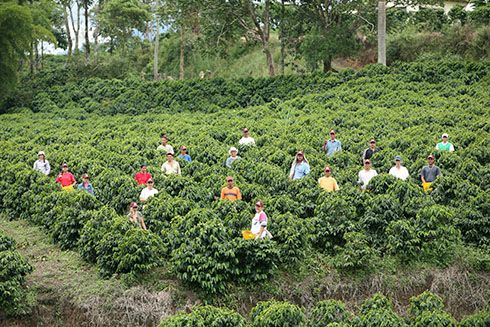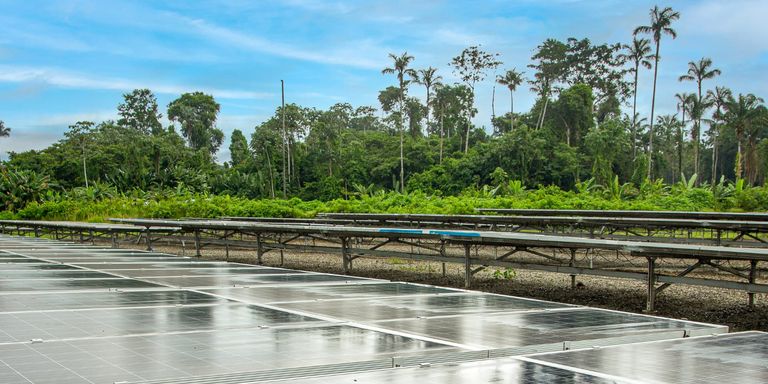El BID comprometido con la sostenibilidad ambiental y social, aprobó un nuevo Marco de Política Ambiental y Social (MPAS) que entró en vigencia el 31 de octubre de 2021.
El MPAS y sus guías son el resultado de un riguroso proceso de redacción y revisión que duró 32 meses y se basó en un proceso inclusivo, transparente y participativo.

El MPAS incluye sólidas disposiciones en materia de derechos humanos, trabajo, salud comunitaria y seguridad, y disposiciones más explícitas para personas con discapacidad, grupos vulnerables, pueblos indígenas, afrodescendientes u otros grupos tradicionales, y tiene en cuenta los riesgos potenciales para los trabajadores y las comunidades, incluido los los riesgos asociados a pandemias y epidemias, y está alineado con mejores prácticas internacionales sobre protección y conservación de la biodiversidad.
El Marco también refuerza los compromisos permanentes con la igualdad de género, la participación de las partes interesadas, las catástrofes, la resiliencia al cambio climático, la minimización de las emisiones de GEI y la protección del capital natural de la región.

Además, el MPAS incluye circunstancias específicas bajo las cuales se requiere el consentimiento libre, previo e informado de los pueblos indígenas, así como medida de gestión diferenciadas para subsecciones vulnerables de la población, incluidos los afrodescendientes, las personas con discapacidad y las personas de diferentes orientaciones sexuales y géneros, entre otras.
Para garantizar una participación abierta, transparente e inclusiva durante el diseño y la implementación del proyecto, el MPAS también incluye un Estándar independiente sobre participación de partes interesadas y divulgación de información que, entre otras disposiciones mejoradas, requiere que los clientes implementen mecanismos de reclamación y rendición de cuentas a nivel de proyecto.
El Marco incluye una declaración de política y diez Normas de Desempeño Ambiental y Social (NDAS) que reflejan el compromiso medioambiental y social para los proyectos financiados por el Banco, minimizando al mismo tiempo los riesgos e impactos negativos sobre las personas y el medio ambiente.
¿Por qué han cambiado las políticas ambientales y sociales del BID?
El contexto ambiental y social de América Latina y el Caribe ha evolucionado desde que se desarrollaron las políticas actuales, hace ya más de 15 años. El MPAS moderniza las políticas socioambientales en un marco consolidado e integral que responde mejor a los desafíos ambientales y sociales que enfrentan nuestros países, enfocándose en temas relacionados con la desigualdad social, el cambio climático y el agotamiento del capital natural.
¿Cuál es el alcance de su aplicación?
El MPAS aplica a todos los nuevos préstamos de inversión, recursos no reembolsables para inversión, y garantías de inversión financiados por el BID. También aplica a algunos préstamos en apoyo de reformas de política (PBL) y cooperaciones técnicas. Los proyectos actualmente bajo implementación continuarán aplicando las Políticas de gestión socioambiental antiguas del BID, bajo las cuales fueron aprobadas esas operaciones.
¿Qué políticas reemplaza el MPAS?
El MPAS reemplaza las secciones de gestión de riesgos e impactos ambientales y sociales de las siguientes políticas sectoriales: Política de medio ambiente y cumplimiento de salvaguardias (OP-703); Política de gestión de riesgo de desastres (OP-704); Política de reasentamiento involuntario (OP-710); Política de igualdad de género (OP-761); y Política de pueblos indígenas (OP-765).
Las políticas sectoriales OP-703; OP-704; OP-710; OP-761; and OP-765 continuarán aplicándose para todos los asuntos relacionados con la labor de transversalidad del Banco en relación con dichas Políticas. La "transversalidad" se refiere a las acciones proactivas del BID para abordar estratégicamente los problemas ambientales y sociales como dimensiones transversales del desarrollo.

El contexto ambiental y social de América Latina y el Caribe ha evolucionado desde que se desarrollaron las políticas de salvaguardias del BID hace más de 15 años. En este sentido, el nuevo Marco de Política Ambiental y Social surge como una oportunidad de mejora y armonización de las normas ambientales y sociales dentro del grupo BID, y con otros organismos multilaterales. A su vez, fortalece los esfuerzos para la recuperación sostenible de la región.

Las políticas de salvaguardias mejoran vidas mediante el aumento de la sostenibilidad de los proyectos y la reducción de los impactos negativos sobre las personas y los recursos naturales de los que ellas dependen.
Descubra los temas en los que estamos trabajando para mejorar vidas en América Latina y el Caribe.
Explora nuestras representaciones en los diferentes países y el trabajo que realizan para mejorar vidas.
Mejorar la calidad de vida, generar crecimiento económico a largo plazo y reducir la pobreza y la desigualdad en América Latina y el Caribe dependen de un desarrollo socialmente inclusivo y ambientalmente sostenible.

